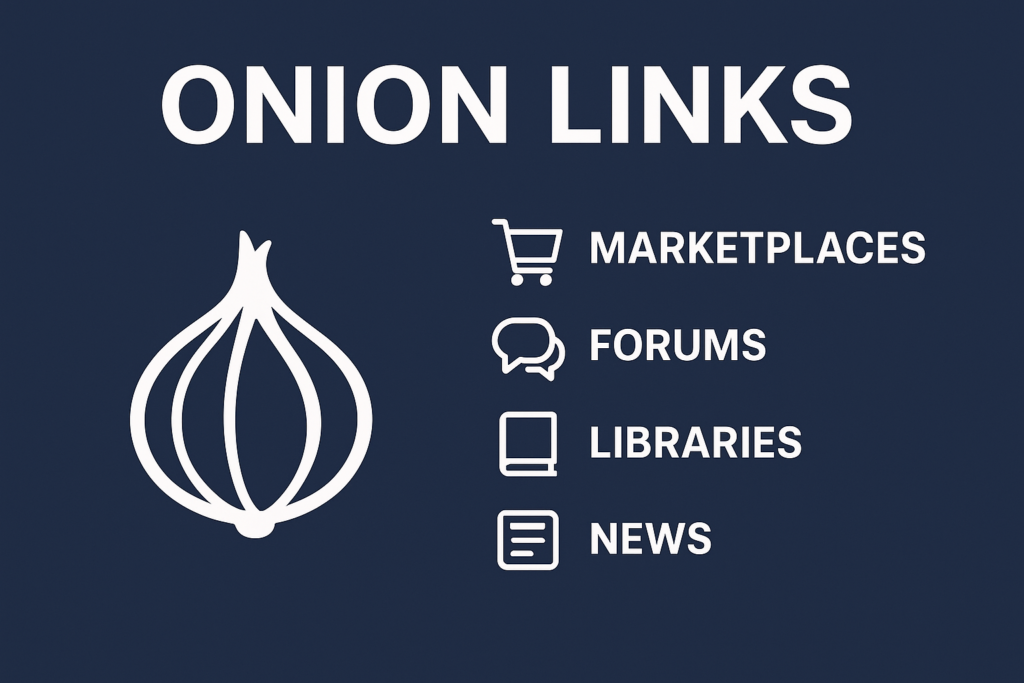When people talk about the darknet or the deep web, one term you will often see is onion links. These are special types of URLs that end with .onion, and they can only be accessed using the Tor Browser. Unlike the normal web, onion sites are hidden services that offer anonymity both for the user and the host.
You can find most onion links at: Tor123.live

What Are Onion Links?
Onion links are unique web addresses used on the Tor network. Instead of the familiar “.com” or “.org,” onion sites end with “.onion.” These websites are not indexed by Google or Bing and can’t be accessed using standard browsers like Chrome or Safari. To reach them, you need the Tor Browser, which routes your connection through multiple layers of encryption to hide your IP address.
Why Use Onion Links?
People use onion links for many different reasons, such as:
- Privacy & Security: Journalists, activists, and whistleblowers use onion sites to communicate safely.
- Research & Education: Some libraries, archives, and research communities share resources only on Tor.
- Marketplaces & Forums: The darknet is known for its markets, forums, and communities that are not available on the clear web.
- Freedom of Speech: In countries with censorship, onion links provide access to uncensored news and information.
Finding Trusted Onion Links
One of the biggest challenges with onion links is trust. Not every link is safe, and some may lead to scams or malicious sites. That’s why curated onion directories are so valuable. A good onion links directory will list:
- Verified onion links that are currently online.
- Categories (markets, forums, libraries, news, blogs, etc.).
- Safety warnings and tips to avoid phishing or scams.
Always double-check URLs from multiple sources before visiting, since phishing pages often use addresses that look similar to the real ones.
Staying Safe While Browsing Onion Links
If you are planning to explore onion sites, keep in mind:
- Only use the Tor Browser from the official Tor Project website.
- Keep your Tor Browser updated for security patches.
- Avoid downloading unknown files from onion links.
- Never share personal information on darknet websites.
- Consider using a VPN in combination with Tor for an extra layer of privacy.
Final Thoughts
Onion links open the door to a side of the internet that most people never see. While it can be a useful tool for privacy, free speech, and research, it also comes with risks. By using verified directories and following good safety practices, you can explore the Tor network responsibly.
If you’re looking for a regularly updated list of onion links, stick to trusted sources that focus on user safety and accuracy.